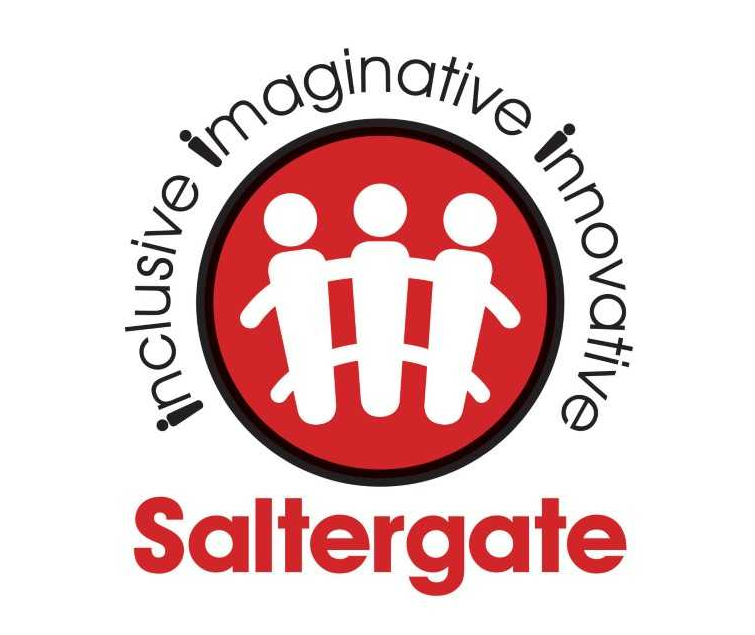Computing
Overview
Saltergate Schools provide pupils with the opportunity to access computing knowledge and equipment at every stage of their schooling. eSafety is at the heart of our provision through key values ensuring that children act responsibly and with caution when using equipment and communicating/accessing applications online. This is imbedded our weekly Safe@Saltergate sessions, regular assemblies, PHSE and Computing curriculums. Computing sessions occur regularly in class and also where possible opportunities to progress or use and apply computing skills are given throughout the curriculum encompassing creating written documents, presentations and spreadsheets. Each classroom has a supply of Chromebooks which offer our students instantaneous access to their personal workspace.
Our computing curriculum is designed to provide students with a comprehensive understanding of computer science, digital literacy, and information technology. Please find below a very broad overview of the computing curriculum provided at Saltergate Schools.
KS1
- Introduction to basic computer skills, such as using a mouse and keyboard
- Understanding algorithms and how to sequence instructions
- Introduction to programming concepts through activities such as building simple games and animations
- Exploring online safety and responsible use of technology
KS2
- Developing programming skills using block-based programming languages such as Scratch
- Understanding more complex programming concepts, such as loops and conditional statements
- Using programming skills to build games, animations, and other digital projects
- Introduction to text-based programming languages like Python
- Exploring online safety, digital citizenship, and ethical use of technology
Overall, the computing curriculum we utilise is designed to provide a solid foundation in computer science, digital literacy, and information technology. Through engaging and interactive activities, students develop practical skills in programming and computational thinking, while also gaining a deeper understanding of the broader implications of technology in society.
